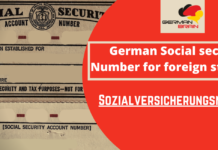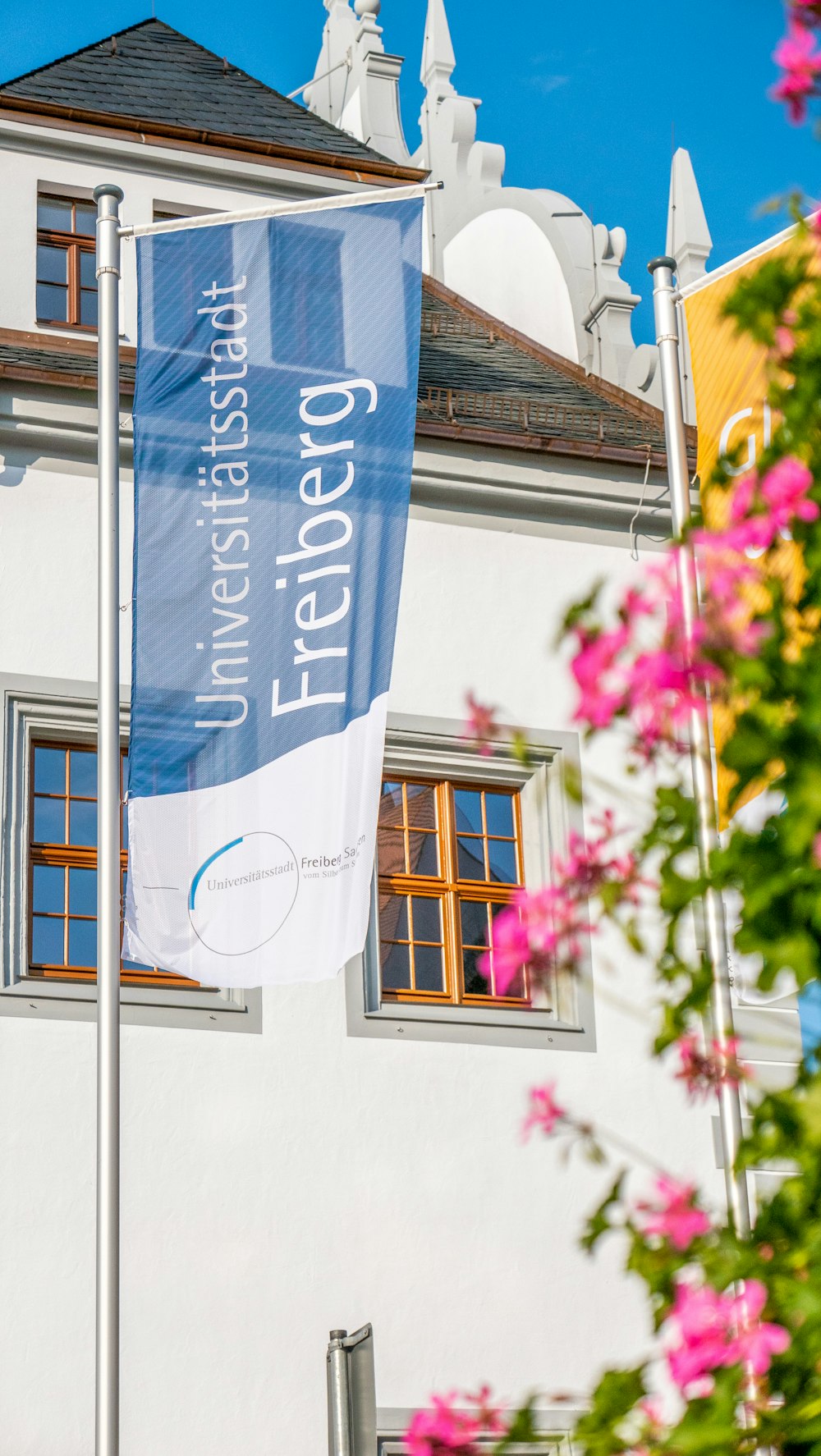
Table of Contents
Germany is a country of possibilities not only for Germans but also for third-world country nationals as well. Germany is the fourth-largest economy in the world and the largest in entire Europe
Its rate of unemployment is among the lowest in the EU. As of March 2017, the rate of unemployment in Germany was, on average, 5.8% with many cities like Munich or Berlin being way much lower. Many Germany is the most popular study destination in Europe. The reason is pretty obvious: free education!
Almost Low Or No Tuition Fees
According to a survey we conducted in 2018, 35.3% of prospective foreign students in Germany highlighted low or no tuition fee universities as the top reason why they would attend higher education in Germany.
in which you will need to spend a fortune on education, in Germany education is free even for internationals. And we are not talking about primary and secondary education, since even higher education, public colleges and universities are free.
Germany has long been a country is best known for its manufacturing sector, the excellent industrial growth and yes…free education. Though the education is not strictly free, it is by far one of the only few countries which treat all its students – whether national or international, with the same rules and regulations. As such, the cost of studying in Germany (combining the low or no tuition fee and living expenses) is one of the lowest in the top student destinations of the world. Furthermore, the excellent automotive and heavy machinery sector makes MS Colleges in Germany a top choice for Indian Students. But studying is all very well…every student who aspires to go abroad does so with a wish for finding a job on completion of the studies. The reasons can be many – to offset the heavy student loans or indeed to get an opportunity to make that country his/her home. Whatever be the case, post-study work permits are one of the most important deciding factors when selecting a country to study abroad. And Germany checks on this list too by giving you easy access to a residence permit to both searches for a job and stay on when you get one! Choose a university Check the admission requirements
Who Needs a Germany Employment Visa?
Nationals of Australia, Israel, Japan, Canada, the Republic of Korea, New Zealand or the USA If you’re a citizen of any of these countries you can enter Germany without a visa and then seek work and residence permit. Citizens of the following countries can apply for their residence permit for work purposes after entering Germany without a visa.
Citizens of the rest of third-world countries are required to obtain a visa for work purposes before travelling to Germany.
EEA/EU member states the United States of America
- Australia
- Canada
- Israel
- Japan
- New Zealand
- Switzerland
- the Republic of Korea
Categories Eligible to Apply for a Germany Employment Visa
All foreign nationals can apply for a Germany Employment Visa if they fulfill the conditions to work in Germany. According to the “Act on the Residence” that regulates the residence issue for foreigners in Germany, the categories eligible to apply for a German Employment Visa are as follows:
- Highly qualified foreigners, in particular:
- researchers with special technical knowledge
- teaching personnel in prominent positions or scientific personnel in prominent positions
- Intra-corporate transferees, in particular:
- managers
- specialists
In addition, eligible and encouraged to apply for a Germany work visa are third-world country nationals with a university degree or a non-academic vocational qualification that fulfil the conditions listed below:
- There is a shortage of skilled workers in the profession you want to practice in Germany.
- You have a concrete job offer.
- Your education must be recognized as equivalent with a German degree.
Required Documents for a Germany Employment Visa
In order to prove to the German embassy/consulate in your country of residence that you fulfil the conditions for an employment visa, you will need to submit several documents. These documents are the crucial part of your application for a German employment visa, alongside with the visa interview.
Make sure you collect all of these documents according to their given instructions.
- Two fully completed application forms. Printed and signed at the end.
- Two passport photographs (see our page on photo requirements for more info as there are strict requirements).
- Valid national passport (more information on passport requirements).
- Proof of residence. Your driver’s license and/or utility bill in your name as proof of residence in the territory of the consulate where you plan to apply.
- Health insurance. Compulsory certificate from German employer, valid from date of employment. If not already included in the compulsory health insurance separate travel insurance has to be presented for the time frame from arrival in Germany until the beginning of employment. If you are looking for great coverage for a good price, then your working health insurance awaits here!
- An employment contract / binding job offer with details of gross annual salary and a detailed description of the employment in Germany.
- Approval by the Federal Employment Agency (If applicable).
- Curriculum Vitae. Your updated CV, which indicates your academic qualifications and your job experience.
- Proof of Qualification. Diplomas, Certificates, Mark-sheets etc., or anything similar that proves your qualifications.
- Personal covering letter explaining the exact purpose and duration of stay.
- Proof of a clean criminal record.
- Proof of paid visa fee. The visa fee for a German long-stay visa is €75.
- Declaration of Accuracy of Information.
Working hours in Germany
On average, employees in Germany work five days a week or around 38 hours per week. TYPES OF GERMANY IMMIGRATION VISAS TO APPLY
- Tourist or visitor visa: This is a visa for people that want to travel to Germany for sightseeing or visiting family or friends.
- Jobseeker Visa: If you are planning to go to Germany and look for a job this is the visa for which you have to apply. It is also known as a jobs visa.
- Working visa: If you have already got a job in Germany, this is the visa you need.
- Business visa: If you have business-related work in Germany for more than 90 days in 6 months you can apply for this visa.
- Training or internship visa: This is a visa for people
Types of residence permits in Germany
- Visa pursuant,
- Temporary residence permit,
- EU Blue Card,
- Settlement permit,
- EU long-term residence permit
Proof of Funds
Where to Apply for a Germany Work Visa?
- The German embassy
- A German consulate
- A Visa Application Center
- The German embassy/consulate located in a neighbouring country, in absence of German representative bodies in your country of residence
- The embassy/consulate of another country, located in your country of residence, to which Germany has outsourced visa admission
Processing Time for Germany Work Visa
How Much Does it Cost to Study in Germany?
Cost of living in Germany
Based on data from DAAD, other average monthly costs are as follows:
- €168 (~US$205) for food
- €42 (~US$52) for clothes
- €94 (~US$115) for transport
- €31 (~US$38) for telephone, internet and TV license
- €20 (~US$25) for work/study materials
- €61 (~US$75) for leisure activities
get a job visa in Germany
You would want to collect information about the so-called “Blue Card” scheme:
The Blue Card is an approved EU-wide work permit (Council Directive 2009/50/EC)allowing high-skilled non-EU citizens to work and live in any country within the European Union, excluding Denmark, Ireland and the United Kingdom, Applicants must have a degree from an accredited university or at least 5 years experience in a related profession and an employment contract from a German company about 44.800,-…











































